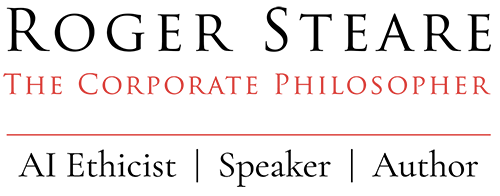What are the 10 most in-demand skills for 2019?

Every year, the World Economic Forum in Davos considers the most important skills needed by employers. This year the WEF has collaborated with LinkedIn to analyse the huge database of jobs advertised on their platform. In this , they have identified what they describe as 5 “soft” skills: creativity, persuasion, collaboration, adaptability and time management; and 5″hard” skills: cloud computing, artificial intelligence, analytical reasoning, people management and UX design.
As a philosopher, my first question is what do people mean by “soft” and “hard” skills? In education we refer to the acronym STEM, standing for science, technology, engineering and mathematics, which is closest to what academics refer to as the physical sciences and I guess we could categorise these as “hard” skills for employers. This then leaves us with what academics call the social sciences, such as archaeology, economics, psychology and sociology; the arts, such as architecture, design, fashion, music and photography; and the humanities, including anthropology, history, language, politics, religion and of course my favourite, philosophy. We might therefore refer to these disciplines as so-called “soft” skills.
If we then look back at the WEF/LinkedIn top 5 lists, I would argue that only two of what they refer to as hard skills – cloud computing and UX design – are hard skills in the STEM sense. I would then argue that artificial intelligence and analytical reasoning are hybrid humanities/physical sciences; and people management is a social science. The top 5 soft skills are either social sciences or humanities, or both. So only two of these top ten skills are in fact, hard STEM skills!
I’m concerned that not only do many employers fail properly to understand education and the development of skills, knowledge and wisdom, they are also failing to hire and invest in people who are skilled learners and who can think, feel, debate, reflect, debate and do the right thing in the right way. How else can we explain the differential in investment in both artificial and human intelligence, because research estimates that for every $1,000 invested in digital, employers are only investing $5 in people?
What’s the investment differential in your organisation and do you think that’s right?!
